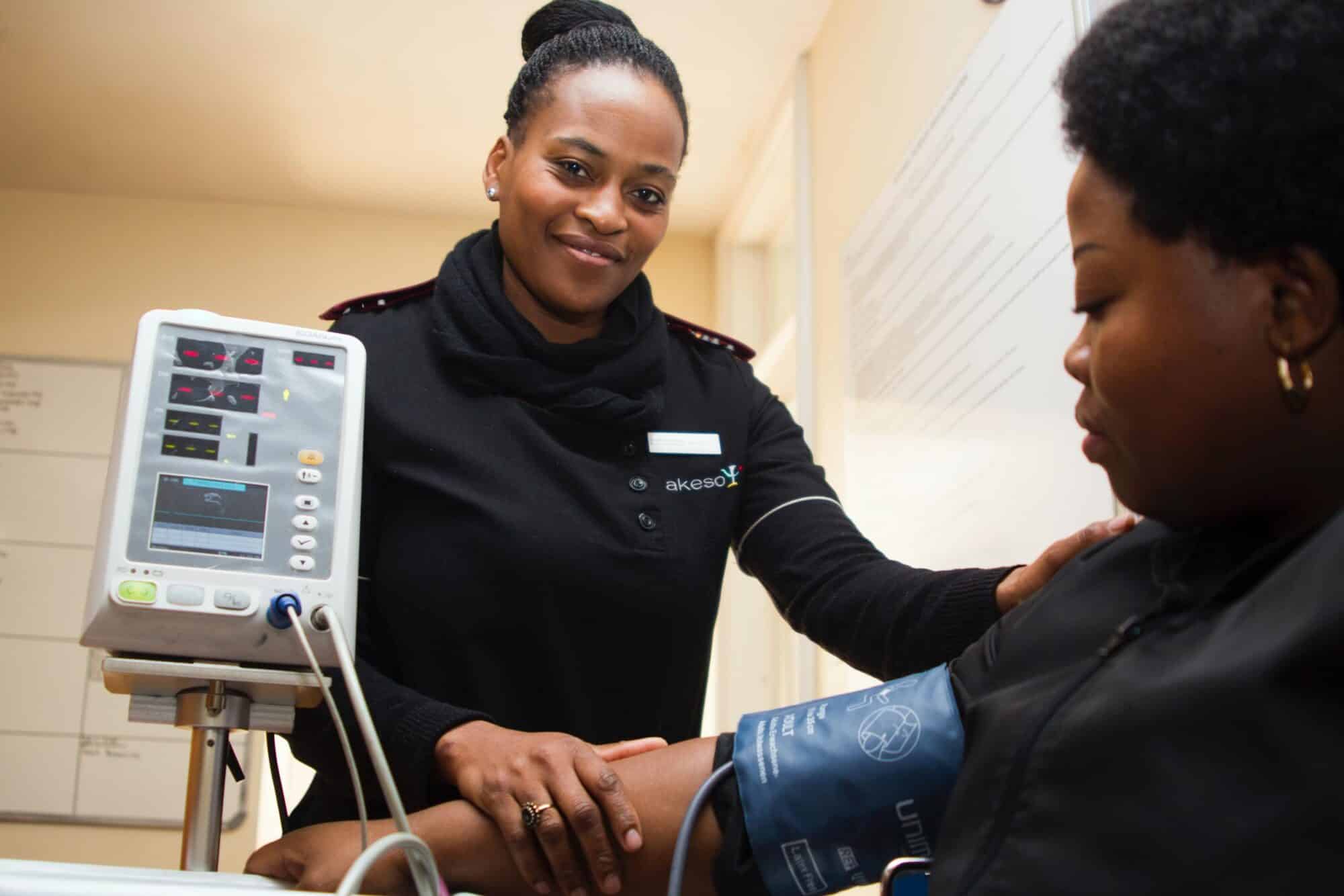
Type 2 Diabetes
What is the cause?
Type two diabetes is a type of diabetes where cells in your body don’t respond normally to insulin. Insulin is produced by an organ called the pancreas. Insulin helps blood sugar go into your cells to use for energy. Since your cells can’t responding normally to the insulin, the pancreas makes more insulin to make up for it. Soon, the pancreas can’t keep up the extra work of producing extra and your blood sugar will rise. High blood sugar can be damaging to the body. It may lead to other serious health concerns like heart disease, vision loss, kidney disease, and nerve damage. Type 2 Diabetes usually occurs in adults, but it is becoming more common in children.
Type 2 Diabetes may cause you to experience these symptoms:
- Blurry vision
- Urinating a lot
- Dry skin
- Having more infections
- Sores that heal slower than normal
- Numb or tingling feeling in hands and/or feet
- Feeling more tired than usual
Managing Type 2 Diabetes
Diabetes is a health condition that is managed by you! With the help of doctors and family, you can help how diabetes affects your life. It may be challenging at times, but it is very important to your health. If you do not manage your diabetes, your health may get worse and create more issues like vision problems, kidney issues, and nerve damage.
Here are a few tips on how you can manage diabetes:
- Healthy eating
- Physical activity
- Monitor feet, skin, and eyes to watch for problems
- Taking insulin regularly and correctly, if told to by your doctor
- Checking blood pressure and cholesterol levels
- Check blood sugar regularly (ask your doctor how to check it if you do not know how and to learn what your blood sugar levels should be at)
- Manage stress
Speaking with a primary care provider is very important to managing your diabetes! Make regular appointments with your primary care provider or health care team to track your progress and make sure you are managing your diabetes correctly.
For more information, please visit: CDC or American Heart Association.
Health Facts
Type two diabetes is a type of diabetes where cells in your body don’t respond normally to insulin. Insulin is produced by an organ called the pancreas. Insulin helps blood sugar go into your cells to use for energy. Since your cells aren’t responding normally to the insulin, the pancreas makes more insulin to make up for it. Soon, the pancreas can’t keep up the extra work of producing extra and your blood sugar will rise. High blood sugar can be damaging to the body. It may lead to other serious health concerns like heart disease, vision loss, kidney disease, and nerve damage. Type two diabetes usually occurs in adults, but it is becoming more common in children.
The signs and symptoms of type two diabetes are:
- Urinating more often than before, especially at night
- Very thirsty
- Blurry vision
- Numbness or tingling in hands or feet
- Sores that heal slowly
- Losing weight without trying
- You are at a higher risk of type two diabetes if you are:
- Overweight
- 45 years of age or older
- Have a parent or sibling with Type 2 Diabetes
- African American, Hispanic, Latino, American Indian, or Alaskan Native
For more information, please visit: CDC or American Heart Association.

